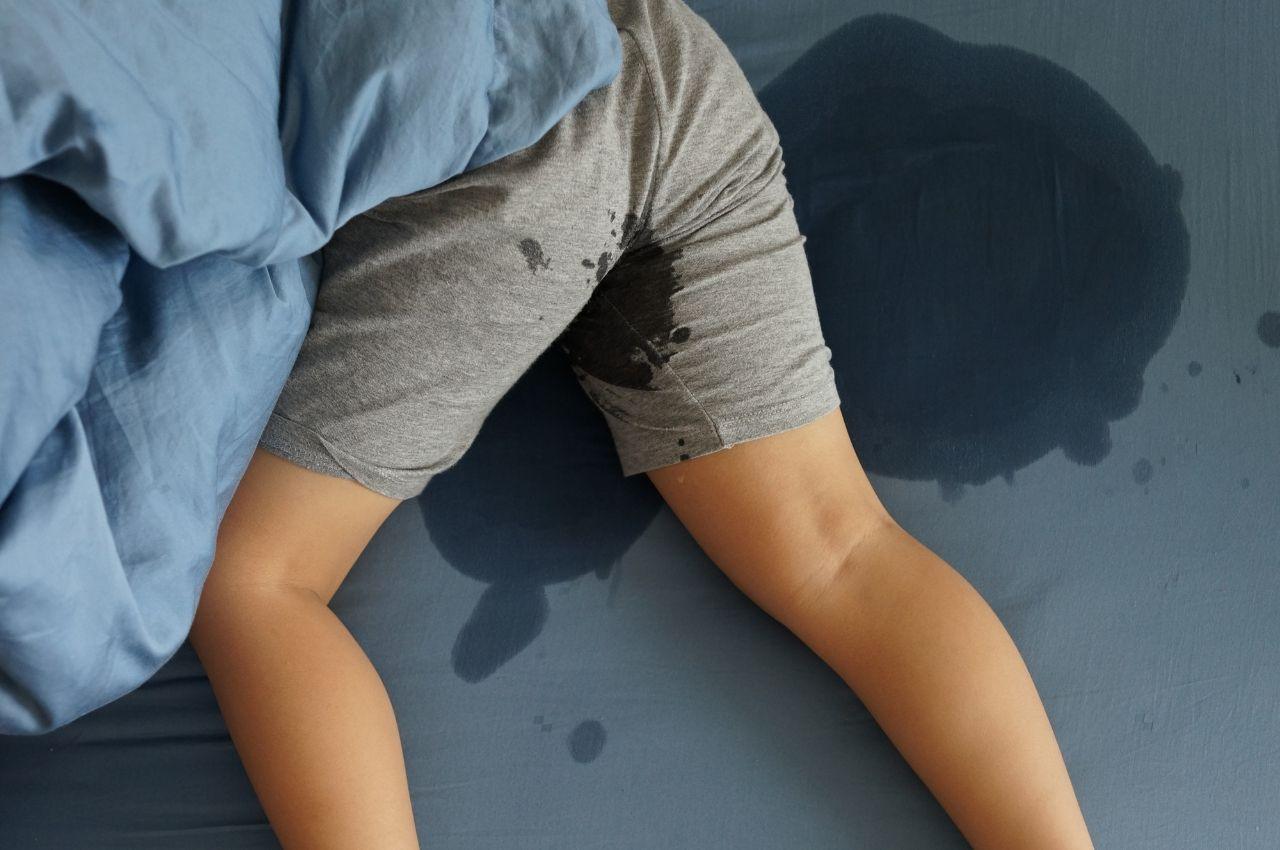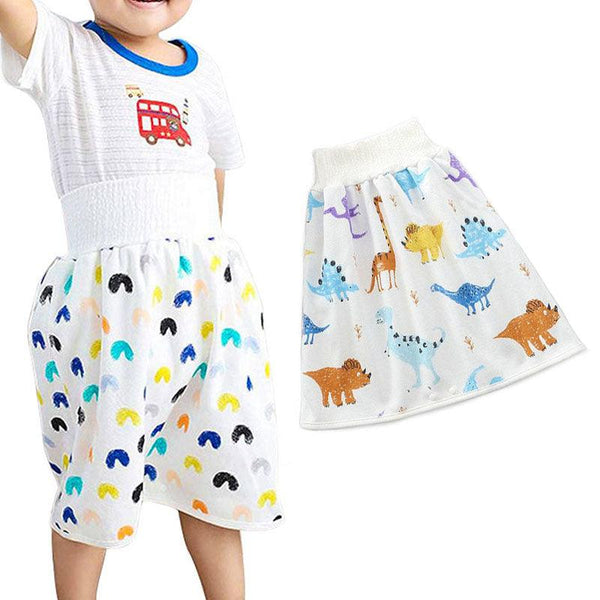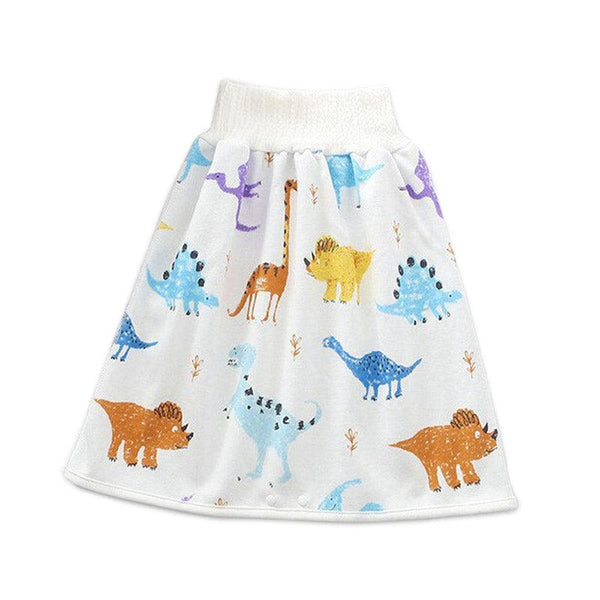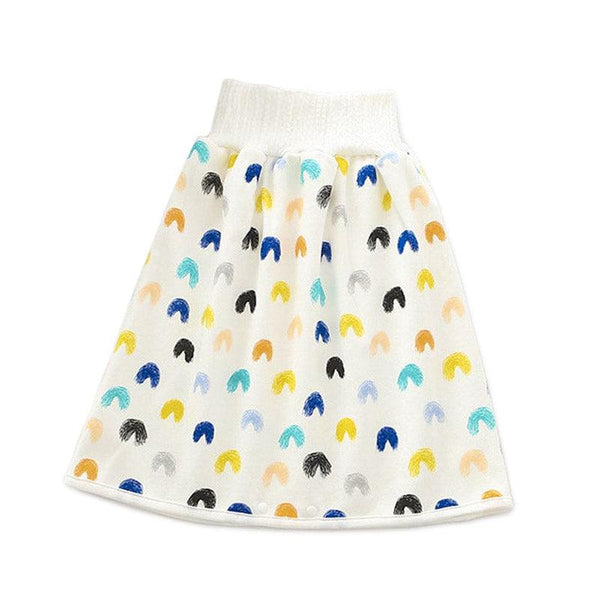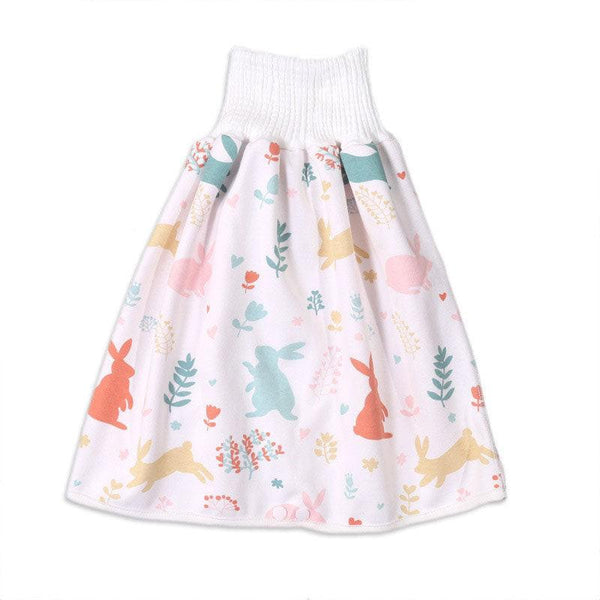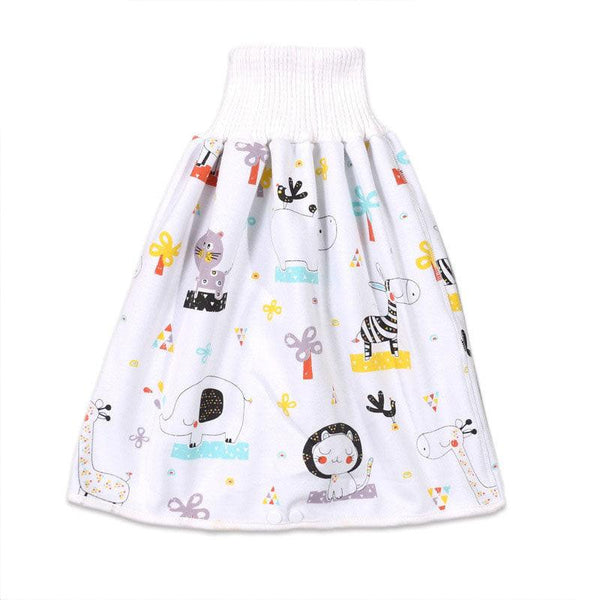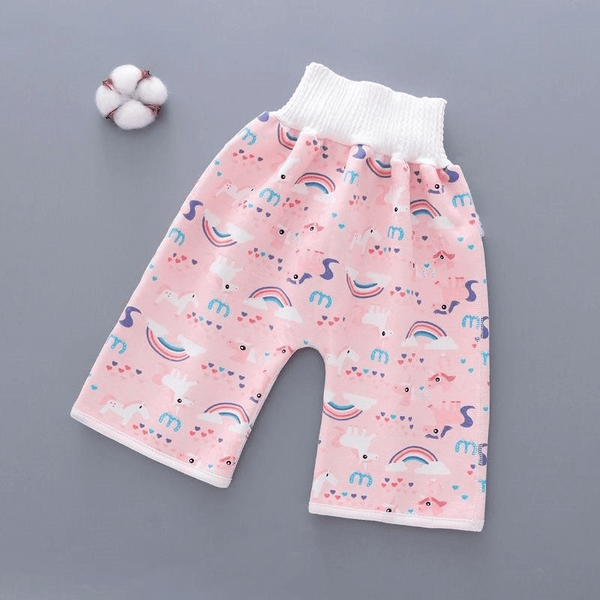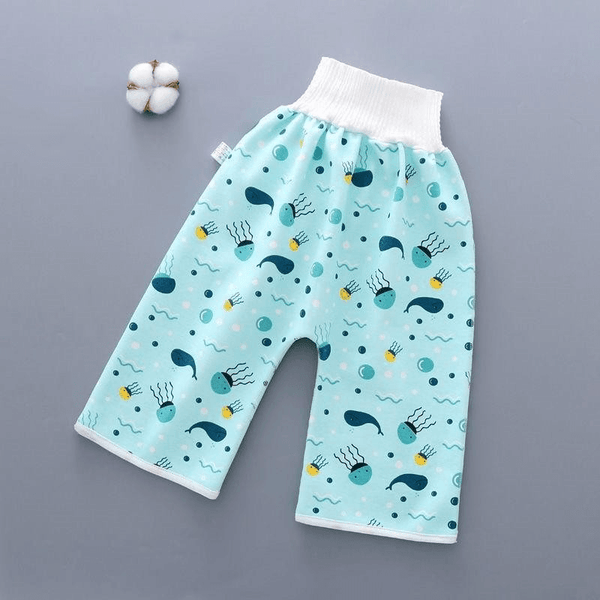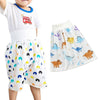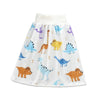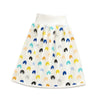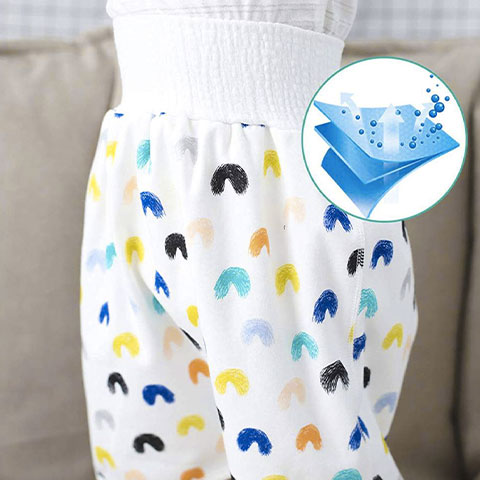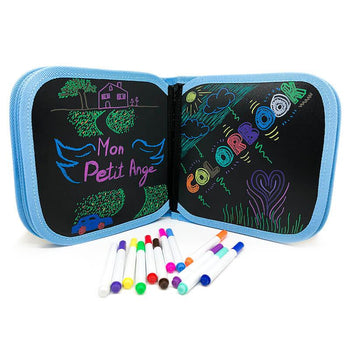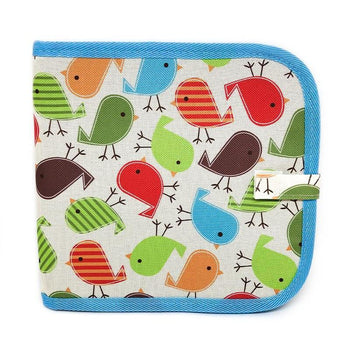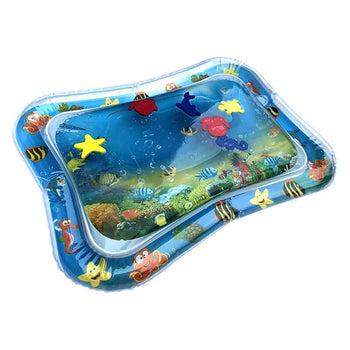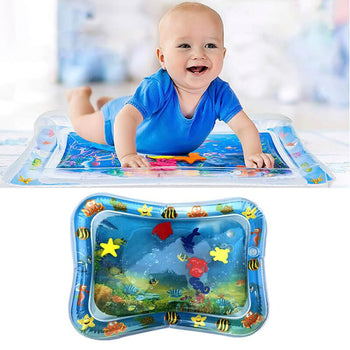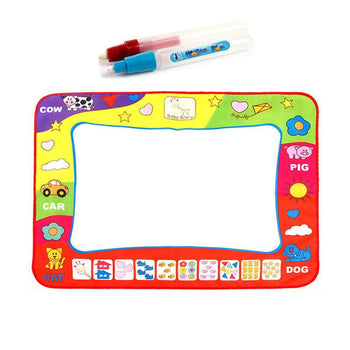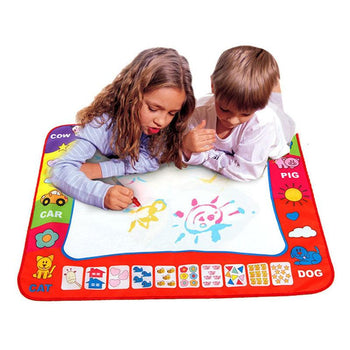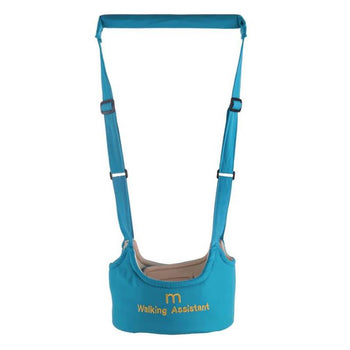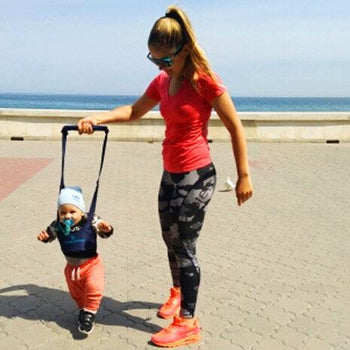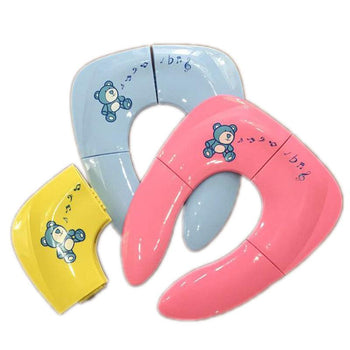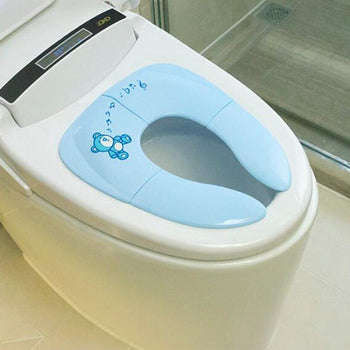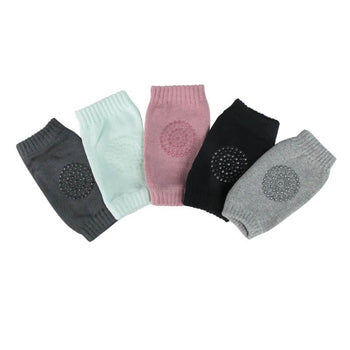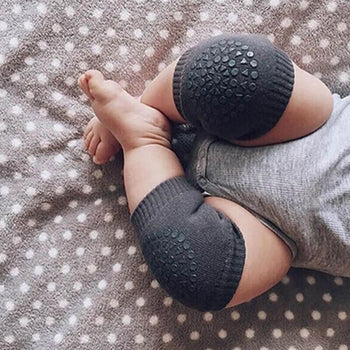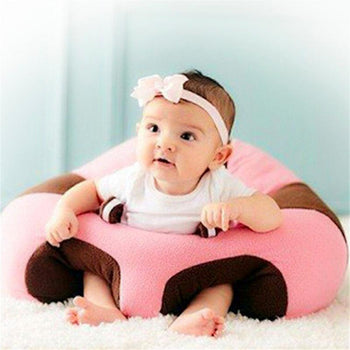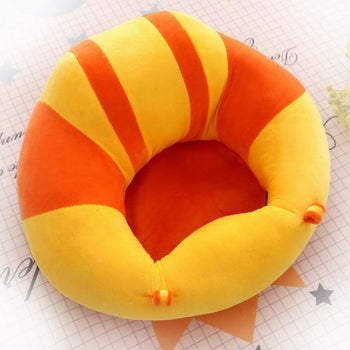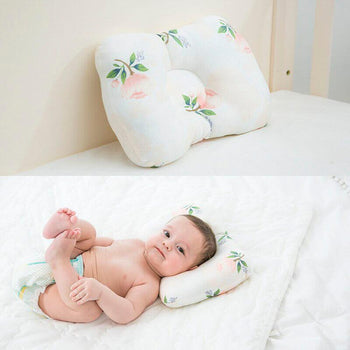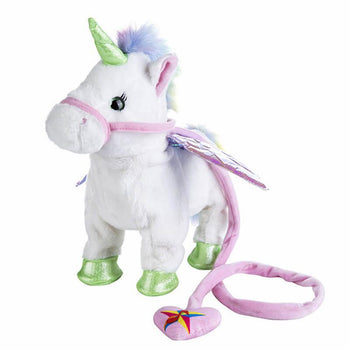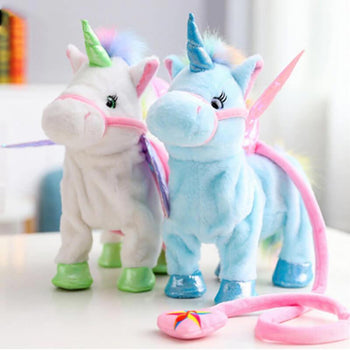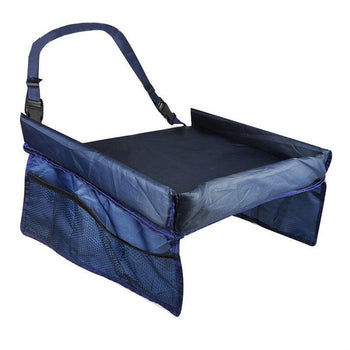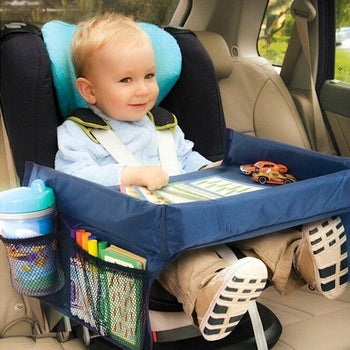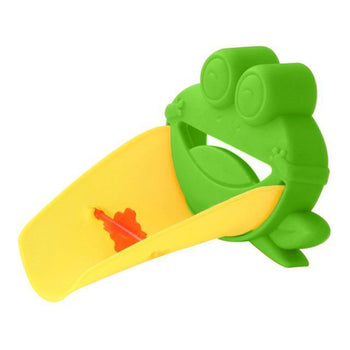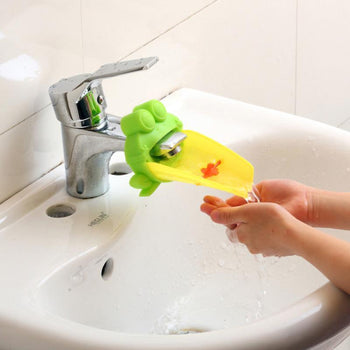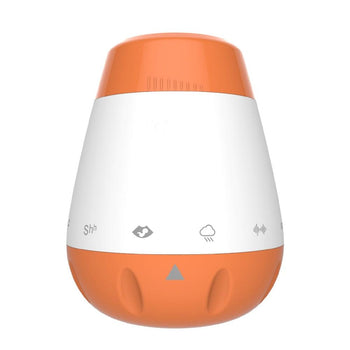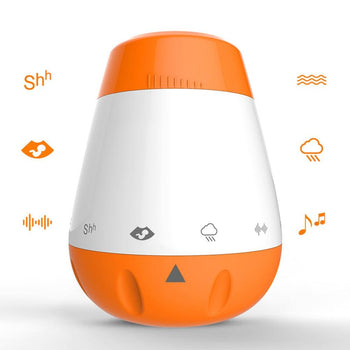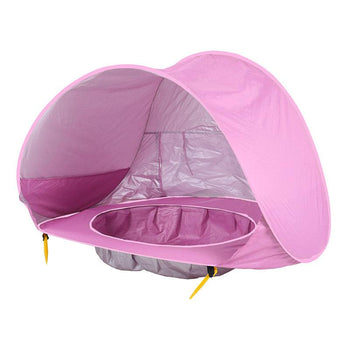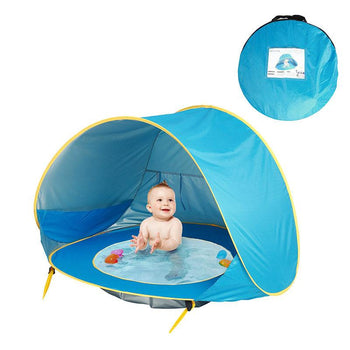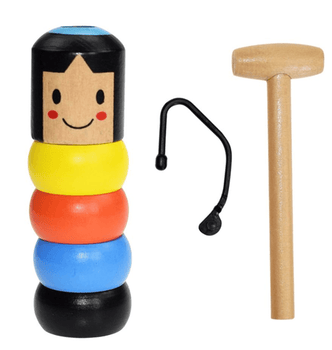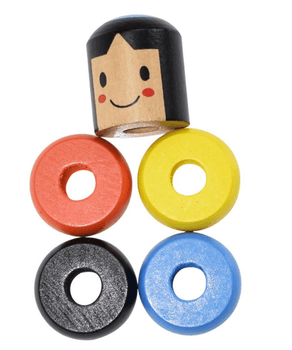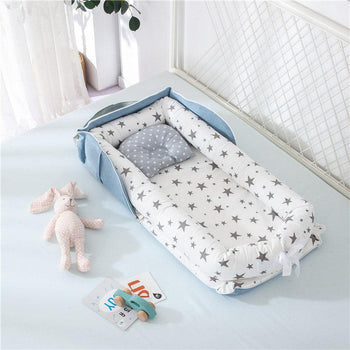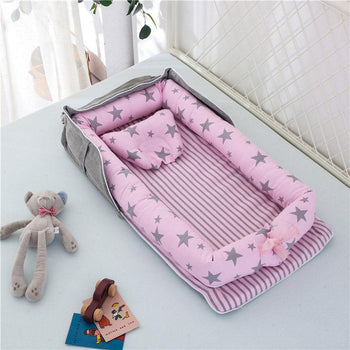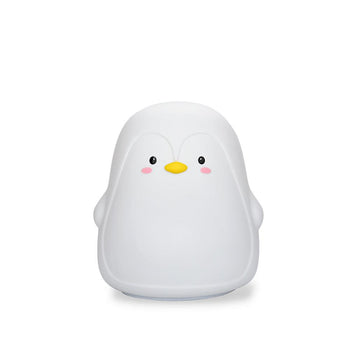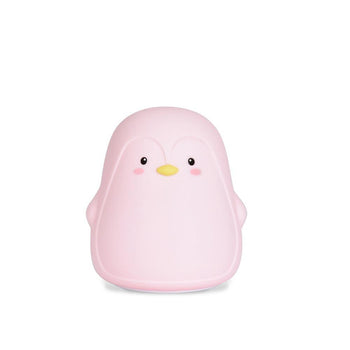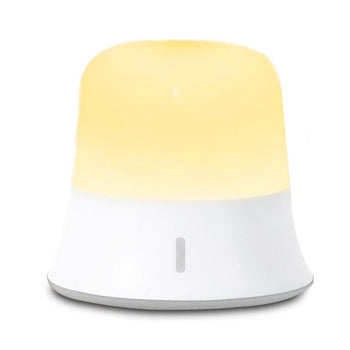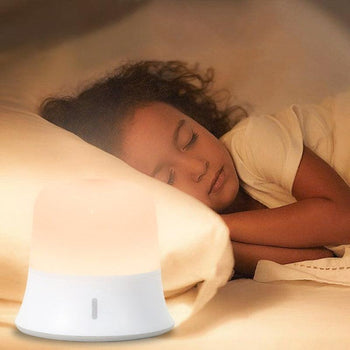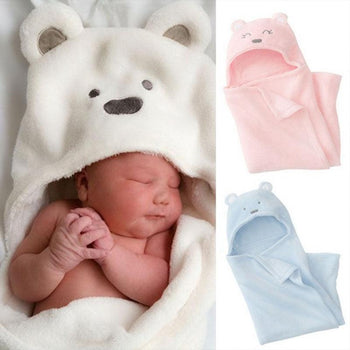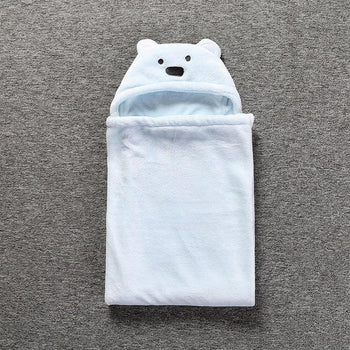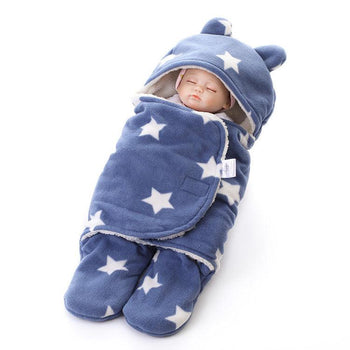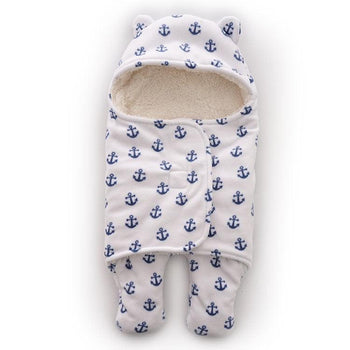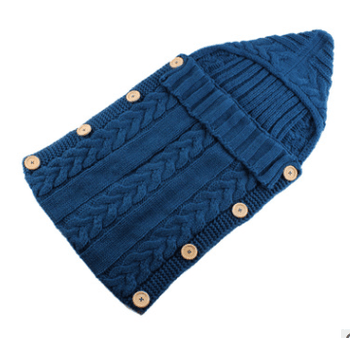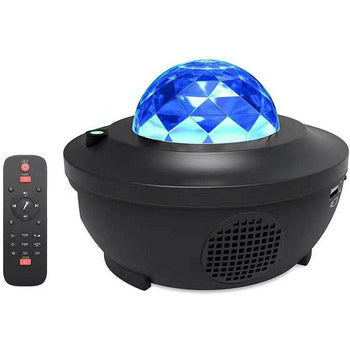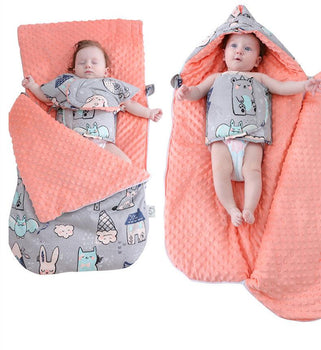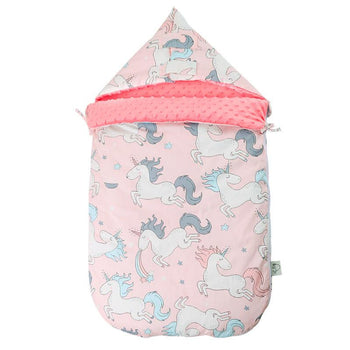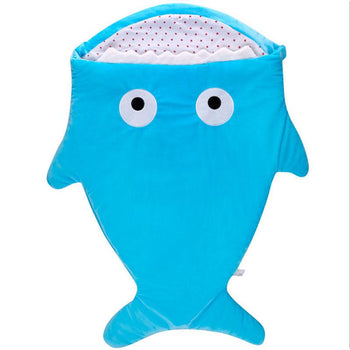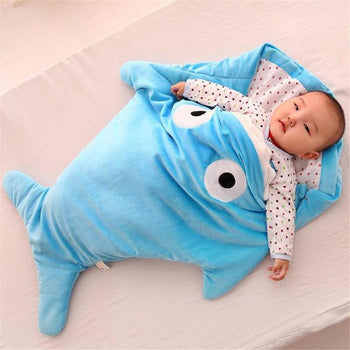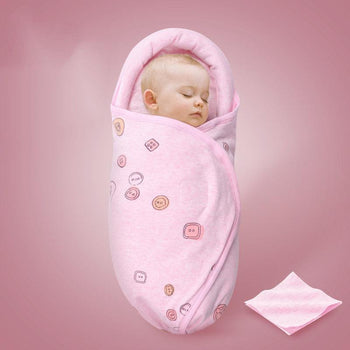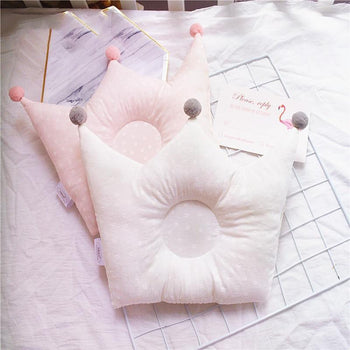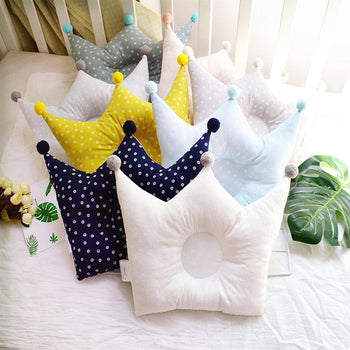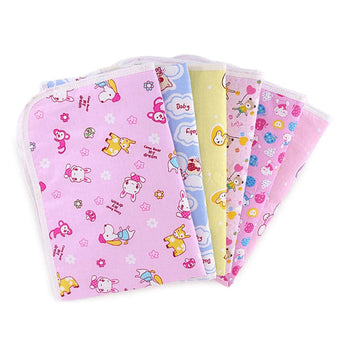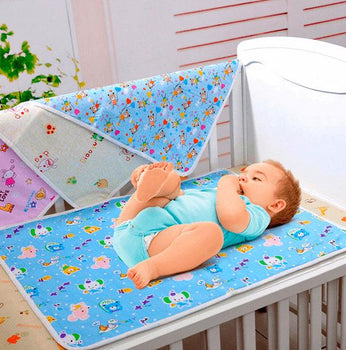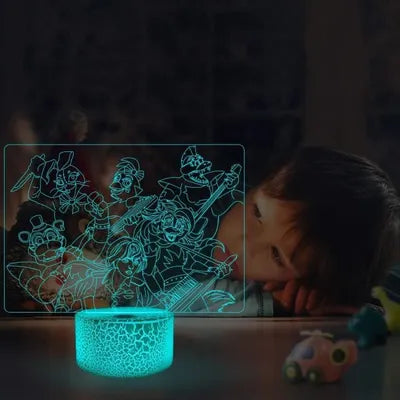Nocturnal enuresis usually occurs after the age of 5 and affects many school-aged children and even some adolescents. It is not a serious health problem, and children usually recover from it.
Nevertheless, bedwetting can upset both children and parents.
Bedwetting can have a negative impact on a child's self-esteem and confidence. The only way to avoid this is to support it.
Bedwetting is a common problem with a strong genetic component, and parents should trust their children to solve the problem.
Here are some tips to help your child cope with bedwetting:
Concentrate on the problem in question: bedwetting. Don't blame or punish your child. Remember that your child cannot regulate his bedwetting, and blaming or punishing him will only make the problem worse.
Be patient and encourage him. Reassure and motivate your child on a daily basis. When it comes to bedwetting, don't make a fuss about it. If you or your spouse wet the bed as a child, tell your child that their mom or dad had the same problem when he or she was a child and gradually got rid of it. (e).
In the family, create a "no teasing" law. No one, even outside of close family, is allowed to tease the child about bedwetting. Do not bring up the subject of bedwetting in front of other family members.
Encourage accountability. Help your child understand that it's their duty, not yours, to stay dry. Reassure your child by telling him that you want to help him overcome his difficulties. Also, ask your child to help clean up.
Turn the chore of cleaning into a breeze. Use washable absorbent sheets, layer sheets between waterproof bed covers and use air fresheners to improve comfort and minimize messBedwetting Prevention Tips
In addition to the emotional help you can give your child, there are some things you can do to help minimize the number of bedwetting incidents.
Here are some additional tips.
Reduce fluid intake in the evening.
Don't give your child anything to drink within two hours of bedtime, especially caffeinated beverages like tea or soda.
Let your child go to the bathroom before going to bed.
Set a goal for your child to get up in the middle of the night to go to the bathroom.
Instead of focusing on how to keep the sheets dry, help your child realize that it's more important to get up every night to go to the bathroom.
Make sure the child has easy access to the toilet.
Install night lights and clear the path between his bed and the toilet. If necessary, provide portable toilets.
Reward your child for keeping their clothes dry.
For some children, a method of sticker charts and prompts works. Every night the child stays dry, they get a sticker on the board. A reward is granted after collecting a certain number of stickers.
At night, remember to put on absorbent and washable pajamas.
What if there was a way to help your kids stay dry and comfortable all night long?
Introducing the Pyjamagic™ for children, absorbent and washable. These pajamas feature a special absorbent layer that helps wick away moisture while your child sleeps.
And if there are accidents during the night, no problem! Just toss it in the washing machine to make it look like new.
Forget disposable diapers and give your child the gift of a good night's sleep with absorbent and washable pajamas.
Wearing absorbent clothing also makes the child feel more independent and confident.
Discover our pajamas in more detail by clicking here .
Watch your child's bowel movements closely.
Constipation can make it difficult to empty the bladder completely and efficiently. If your child suffers from constipation, talk to your pediatrician.
Discover in this article which foods cause it and which ones relieve it?
I hope this article has answered some of your questions. Feel free to share your experiences with us in the comments.

